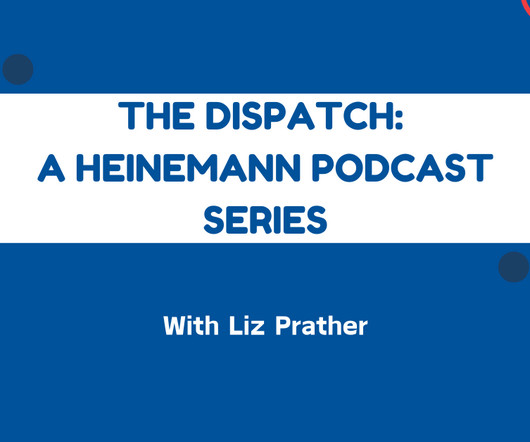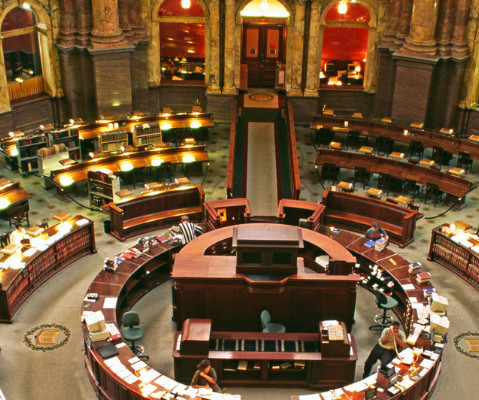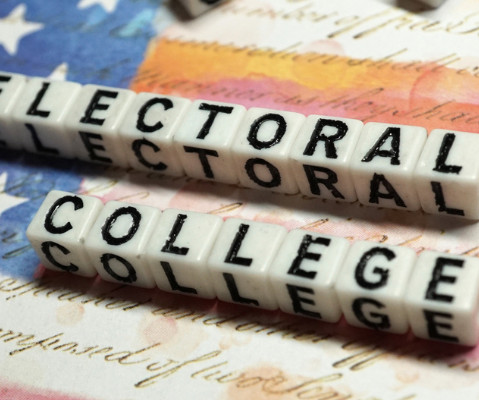Why Neuroscience and Technology Are Key to Helping Us Rethink How Students Learn
ED Surge
FEBRUARY 28, 2024
Most teachers who work in education today have studied — or at least are familiar with — VARK , a learning theory first introduced by Neil Fleming in 1987. VARK suggests that students can best accelerate their knowledge acquisition via one of four core learning styles: visual (V), aural (A), read/write (R) or kinesthetic (K). It’s a wildly popular concept that has led to prevailing beliefs that students perform better if we cater to their natural learning styles.


















Let's personalize your content